Let no hostile come through—he once vowed.
On a chilly November morning in 2008, as Mumbai stirred awake to a day that would be seared into the nation’s memory, a quiet hero prepared for a mission that would change countless lives—and ultimately claim his own.
Major Sandeep Unnikrishnan, a gallant officer of the elite National Security Guard (NSG), was no stranger to danger. A proud product of the National Defence Academy and the Indian Military Academy, his life had always been one of purpose and commitment. But it was during the horrific 26/11 Mumbai terror attacks that he would etch his name forever in the pages of Indian history.

Terror had gripped the city. The majestic Taj Mahal Palace Hotel, a symbol of Mumbai’s spirit, was under siege. Innocent lives were trapped, gunfire echoed through its hallways, and the nation watched in horror. Amidst the chaos, Major Sandeep, leading the NSG’s 51 Special Action Group, was given a singular mission: neutralise the terrorists and rescue the hostages.
Without hesitation, he stepped into the storm.
Wearing his black combat gear, eyes calm and resolute, Major Sandeep led his team through the labyrinthine corridors of the hotel. He wasn’t just a commander; he was a shield between terror and the innocent. As bullets ripped through walls and grenades shattered chandeliers, he guided his team with fearless precision.
On the fourth floor, the team encountered stiff resistance. Hostages were reportedly held in rooms rigged with danger. Sandeep insisted on going first.
One of his comrades was hit. In that moment of peril, Major Sandeep made a choice that only a soldier with extraordinary courage could make—he instructed his team to retreat with the injured, while he alone pursued the terrorists deeper into the hotel.
What followed was a heroic solo chase through blood-slick corridors and smoke-filled staircases. Alone, outnumbered, but undeterred, he engaged the heavily armed attackers, giving no quarter. His last known words, radioed back to his team, would become an eternal echo of his spirit:
“Don’t come up, I’ll handle them.”

Moments later, Major Sandeep was martyred, fighting valiantly, protecting lives until his last breath.
India mourned. A son had been lost, but a legend was born.
In recognition of his unmatched bravery and supreme sacrifice, Major Sandeep Unnikrishnan was posthumously awarded the Ashoka Chakra, India’s highest peacetime gallantry award.
The citation read: “Major Sandeep Unnikrishnan displayed most conspicuous bravery and leadership of the highest order in the face of grave terrorist threats and made the supreme sacrifice for the nation.”
But beyond medals and citations lies something more enduring—his spirit.
At his funeral, as the nation wept, his father stood tall, his voice firm: “He did his duty. He lived and died for the country.” And at the gates of the Unnikrishnan residence in Bangalore, a simple board hangs today bearing the words Major Sandeep lived by:
“Do not come up, I’ll handle them.”
These weren’t just words of courage—they were a commitment. A commitment to country over self. A commitment to protect the helpless. A commitment to fight, even alone, if that was what it took.
Today, schoolchildren write essays about him. Cadets in military academies invoke his name as inspiration. His story is retold in books, films, and silent prayers. But above all, his legacy lives in every Indian heart that beats with pride and resolve.
Major Sandeep Unnikrishnan didn’t just die a hero—he lived like one. He was the embodiment of valour, sacrifice, and quiet strength. In an age of noise, he led with action. In a moment of chaos, he became calm. In a night of terror, he became India’s shield.

And through it all, he taught us that true courage is not the absence of fear—it is the will to face it, even if it costs everything.
Let no hostile come through—he once vowed.
And in that vow, he lives on.







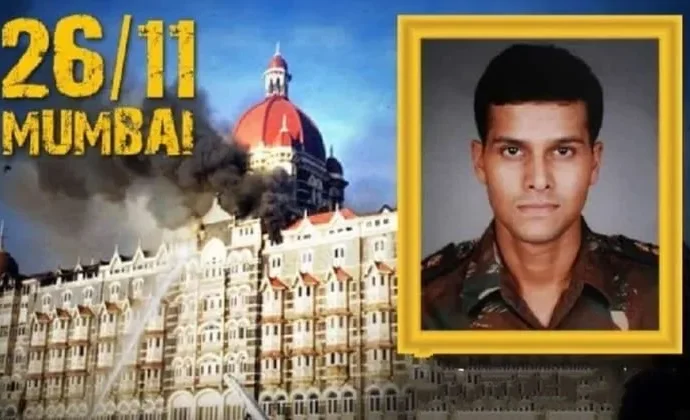
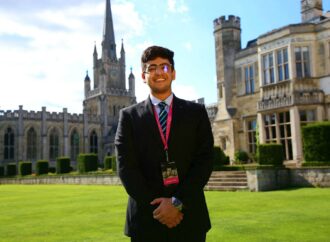


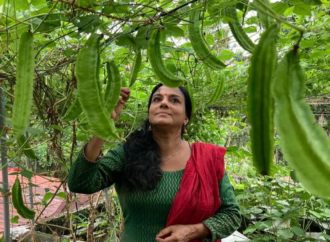
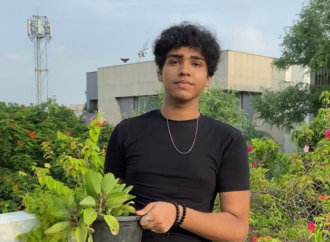
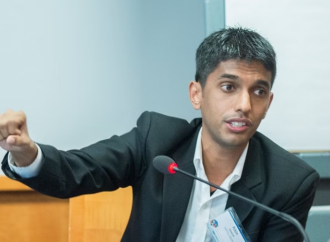
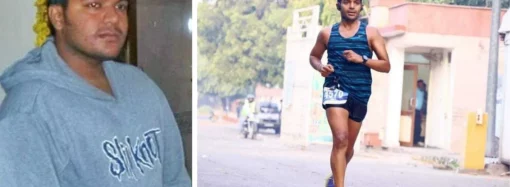



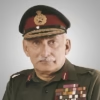







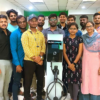



Leave a Comment
Your email address will not be published. Required fields are marked with *